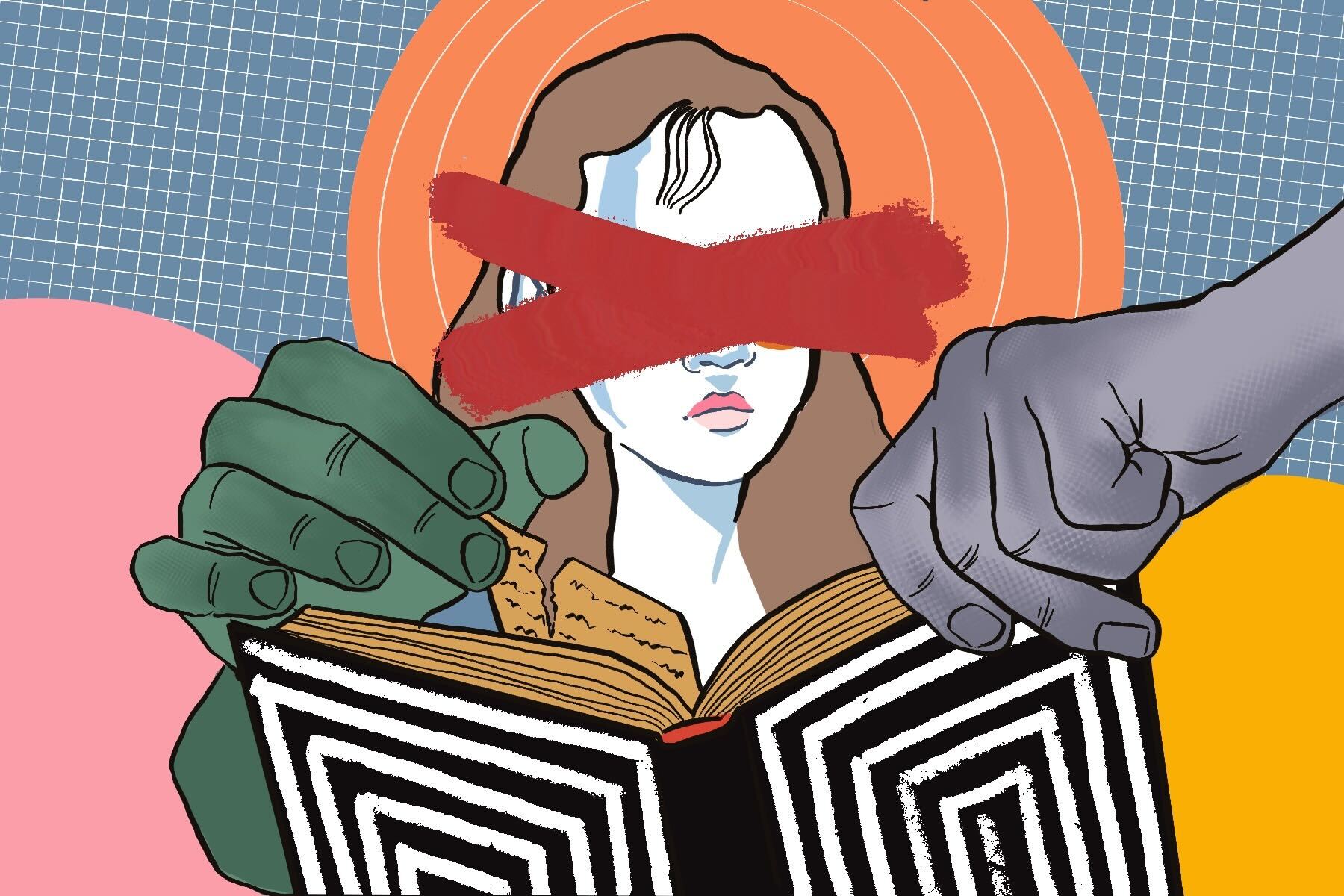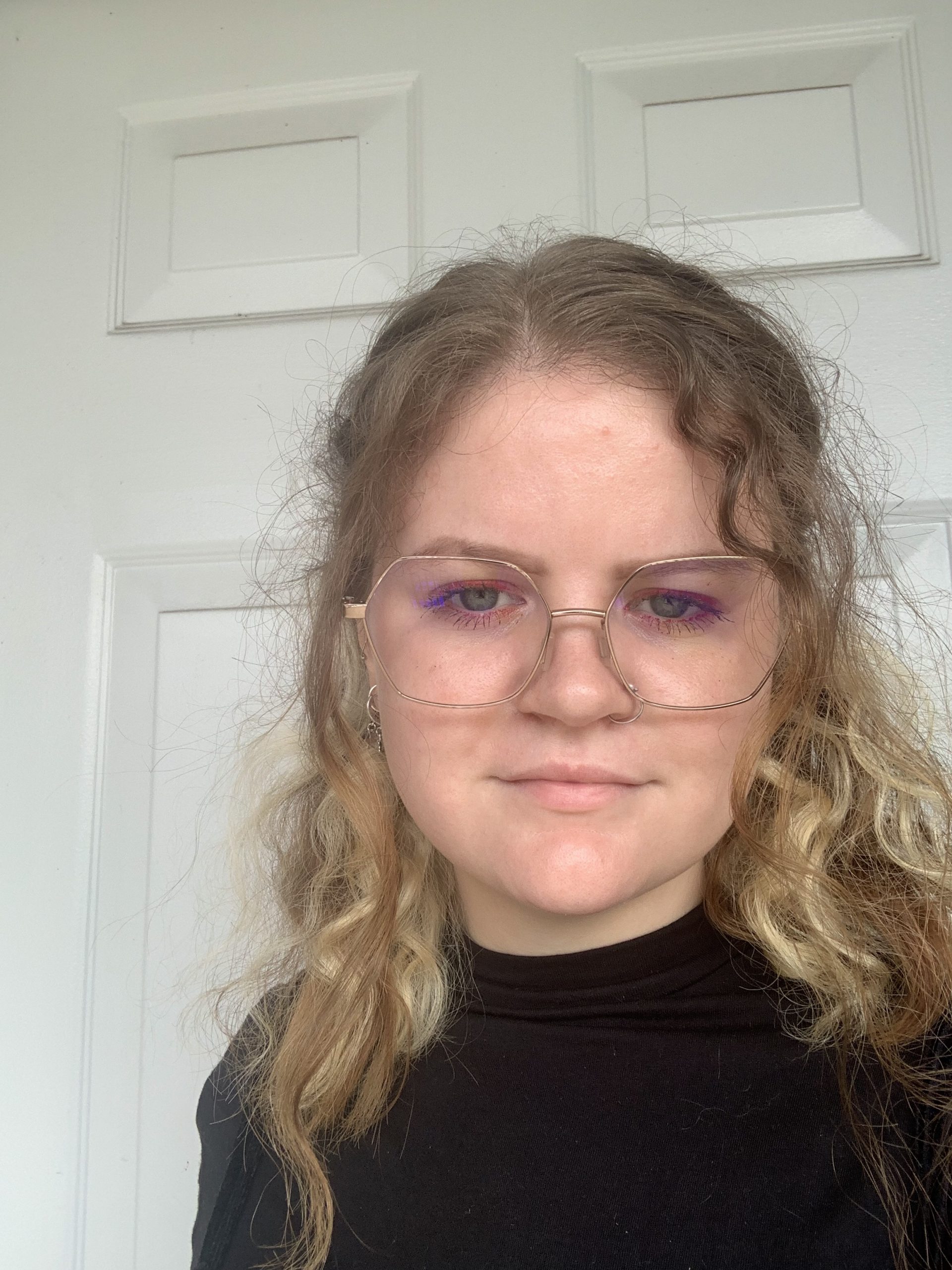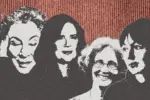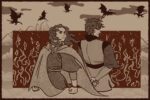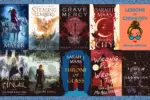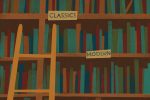The First Amendment states that “Congress shall make no law … abridging the freedom of speech” — so why are certain people trying to ban books?
Book bans date back to antiquity; according to one source, the first instance of this kind of censorship occurred between 259 and 210 BCE, when the Chinese emperor Shih Huang Ti reportedly buried alive 460 Confucian scholars to control the recording of history. Millennia later, the totalitarian governments of Nazi Germany and the Soviet Union led some of the largest crusades against books. In 1933, the Nazis organized several enormous bonfires to destroy thousands of books by Jews, communists and other political enemies. Some authors included in the burnings were Sigmund Freud, Helen Keller, Karl Marx and Ernest Hemingway.
In the Soviet Union, all publishing houses were state-owned, so each text had to be evaluated before being printed. Books could be banned for being critical of the USSR and communism, but they could also be censored for a failure to be sufficiently patriotic or for positive attitudes toward religion. The books could also not represent Jews as the primary victims of the Holocaust. The USSR’s Main Administration for Literary and Publishing Affairs needed books to be pro-Soviet and agree with all the values of the Soviet government. One book from the Soviet Union’s banned list included the famous “Doctor Zhivago” by Boris Pasternak.
America is also no stranger to book bans, despite the country being a democracy. Many of the most controversial books in American history are revered today. Historically, banned books have been banned because they challenge undemocratic ideals. “Uncle Tom’s Cabin” by Harriet Beecher Stowe is often identified as the first book in the United States subject to a widespread ban, prompted by its pro-abolitionist agenda and questions about the ethics of slavery. Between the publication of Mark Twain’s “Huckleberry Finn” in 1884 and the year 1907, Twain’s book had supposedly been removed from one or more libraries’ inventories every year. In 1973, a school board in North Dakota burned copies of Kurt Vonnegut’s novel “Slaughterhouse-Five.”
In recent years, the U.S. has reached a peak of censorship not seen in a long time. From July 1, 2021, to March 31, 2022, instances of individual book bans numbered 1,586 and affected 1,145 book titles. The targeted books have been primarily flagged for containing content on sexuality, gender identity, race and racism. The people who want to ban books are outraged that the books they deem “threatening” question societal flaws they would rather not discuss.
In one of the latest attempts to ban books, Virginia Republican Timothy Anderson and Tommy Altman have requested restraining orders to prevent private bookseller Barnes & Noble from selling certain books to minors. While the legality of public libraries and schools banning books is debatable under the First Amendment, Barnes & Noble — as a private institution — can choose not to sell certain books; however, by asking for a restraining order from the state, Anderson and Altman threaten the First Amendment.
Anderson and Altman’s lawsuits single out both “Gender Queer” by Maia Kobabe and “A Court of Mist and Fury” by Sarah J. Maas. Anderson referred to the books as “hypersexual” with “extreme vulgar and sexual content” — although TikTok account loislanea counted the pages containing sexual scenes in Maas’ book and discovered that less than 6% of the novel consists of sexual content, so it is hard to consider the book explicit. Many more sexually explicit books have been printed and are sold by Barnes & Noble, yet Anderson and Altman aim to limit the speech of a nonbinary writer and a widely popular, female fantasy author. Why single out Kobabe and Maas when George R. R. Martin’s books still sit on bookstore shelves? I cannot say for certain, but they were likely targeted for their gender identity and popularity among female readers, respectively. Maas has probably been singled out because her books appeal to a female audience, and women are expected to read innocent writing and not read anything that expresses sexuality. Kobabe questions society by elaborating on changing understandings of gender, and Maas encourages women to be comfortable in their sexuality — both of which are taboo to many in the United States.
Banned books promote free thinking and debates about social conventions. Why are so many people set on banning books that emphasize new ideas and encourage discourse in a country supposedly built on free speech? The books communicate ideas on changing societal norms, which the primarily conservative proponents of book bans oppose.
Book bans aim to limit ideas that counter the goals of those requesting the bans. Nazi Germany banned books about Judaism and communism because Nazis saw the concepts as enemies to their movement. The Soviet Union also censored books about Judaism because of its own antisemitic beliefs. Today, book bans are common in modern extremist, authoritarian and totalitarian governments.
Hong Kong has a degree of political autonomy from China, but the freedoms enjoyed in Hong Kong were weakened in the summer of 2020 by a new security law. In Hong Kong, pro-democracy books were removed from public libraries. The restriction of such books was reportedly intended to curb the number of violent interactions between police and pro-democracy protestors. As recently as a few weeks ago, Hong Kong was reported to be furthering its censorship by removing details of its history as a British colony from textbooks. To future Hong Kong students, the country has never been a colony of the British Empire.
At the same time that Hong Kong began banning pro-democracy books, China also started to remove books from school libraries. Censorship was extended to clear books out by the hundreds of thousands. The recent movement to remove books is the first movement to target libraries since the late 1960s. But the governments of Hong Kong and China are extremist and authoritarian — the United States government is not. Or, at least, it is not supposed to be.
Book bans are a sign of the backsliding democracy in the U.S., and they are the result of the goal to restrict certain curricula from teaching about race, gender and sexuality. The people behind book bans and restrictions believe that, by overlooking, gender identity, sexuality and racial inequality, the issues will cease to exist. These people believe that if their child never learns that queer people exist, they will not be queer themselves. They believe that if their child never hears about racial inequality and slavery, they will not have to give up their privilege ever. Both ideas are as ridiculous as they sound.
Book bans are not the solution. Limiting discourse is dangerous. Banning “The Handmaid’s Tale” will not stop girls from learning that their lives are considered less than boys in the U.S., but it will stop boys from learning empathy toward women. Banning “Beloved” will not stop Black children from learning about the racist basis for America, but it will limit white children from understanding their privilege.
Still, the fight against book bans continues. Some librarians and teachers will quit because of the injustice of censorship — something particularly impactful because of the teacher shortage in America. Many petitions in various states and counties can be signed to support anti-censorship efforts. Also, help has come to specific counties and schools against their book-banning agendas. When Booker T. Washington High School in Pensacola, Florida, canceled a summer reading program in 2014 because of the ideas in Cory Doctorow’s “Little Brother,” Doctorow sent 200 complimentary copies to students. A fundraiser for Ridgeland Friends of Libraries in Mississippi has raised over $100,000 as the mayor is withholding over $110,000 in funds because he did not like that the library carries LGBTQ+ books.
American freedoms are at risk because of book bans. While the Second Amendment will be permanently protected because of decisions such as that of the U.S. Supreme Court on June 23, the United States will continue to struggle with the First Amendment. Americans will not have the right to free speech until book banning ends.


